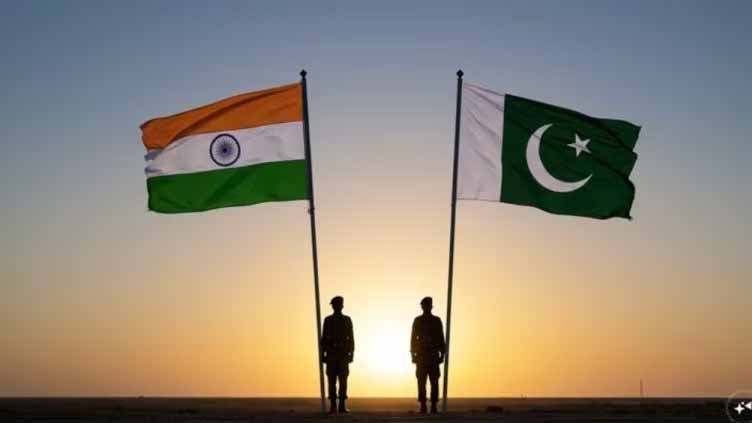Pak-India DGMOs agree on moving forces back to normal positions

Pakistan
This return to normal positions will occur in several phases
ISLAMABAD (Dunya News) – After several rounds of talks between two sides following announcement of ceasefire by US President Donald Trump, a major development has taken place during the recent contact between the Directors General of Military Operations (DGMOs) of Pakistan and India.
According to security sources, the DGMOs of Pakistan and India held contact yesterday (Monday), during which both countries agreed to gradually move their forces back to normal positions.
Sources said that in order to ensure de-escalation, both countries will return their forces to peacetime positions. This return to normal positions will occur in several phases, and both nations have agreed to complete the process by May 30.
It is worth noting that there had also been a hotline communication between the DGMOs of Pakistan and India in recent days, which was the third such contact since the ceasefire agreement between the two countries.
Read more: Pakistan, India DGMOs resolve to ensure peace in third hotline contact
Earlier on May 16, Pakistan’s DGMO Maj Gen Kashif Abdullah and his Indian counterpart Lt Gen Rajiv Ghai had a third contact over hotline. Sources said the two sides had established contact for the third time and agreed to maintain the status quo and take the peace process forward after the ceasefire.
Besides, two days after US President Donald Trump announced the ceasefire between Pakistan and India following intense fighting, the military operations chiefs (DGMOs) had a first round of talks to discuss the next steps to douse the flames. The first contact
US SUPPORTS DIRECT DIALOGUE
US Secretary of State Marco Rubio had said the United States supported direct dialogue between India and Pakistan and encouraged continuous efforts to improve relations between the two nations.
In a phone conversation with British Foreign Secretary David Lammy, the US Secretary of State discussed the ongoing tensions between India and Pakistan.
Both leaders emphasised the importance of maintaining a ceasefire and keeping communication channels open between the South Asian neighbours.
CEASEFIRE AGREEMENT
Nuclear-armed neighbours Pakistan and India agreed on a ceasefire on Saturday (May 10) last following the US pressure. The agreement was possible amid negotiations after four days of intense fighting.
Pakistan’s Foreign Ministry stated that the country remained committed to the ceasefire. "Our forces are handling the situation responsibly and with restraint," the ministry said.
It further urged troops on the ground to exercise restraint and noted that any issues related to the ceasefire implementation should be resolved through communication at appropriate levels.


